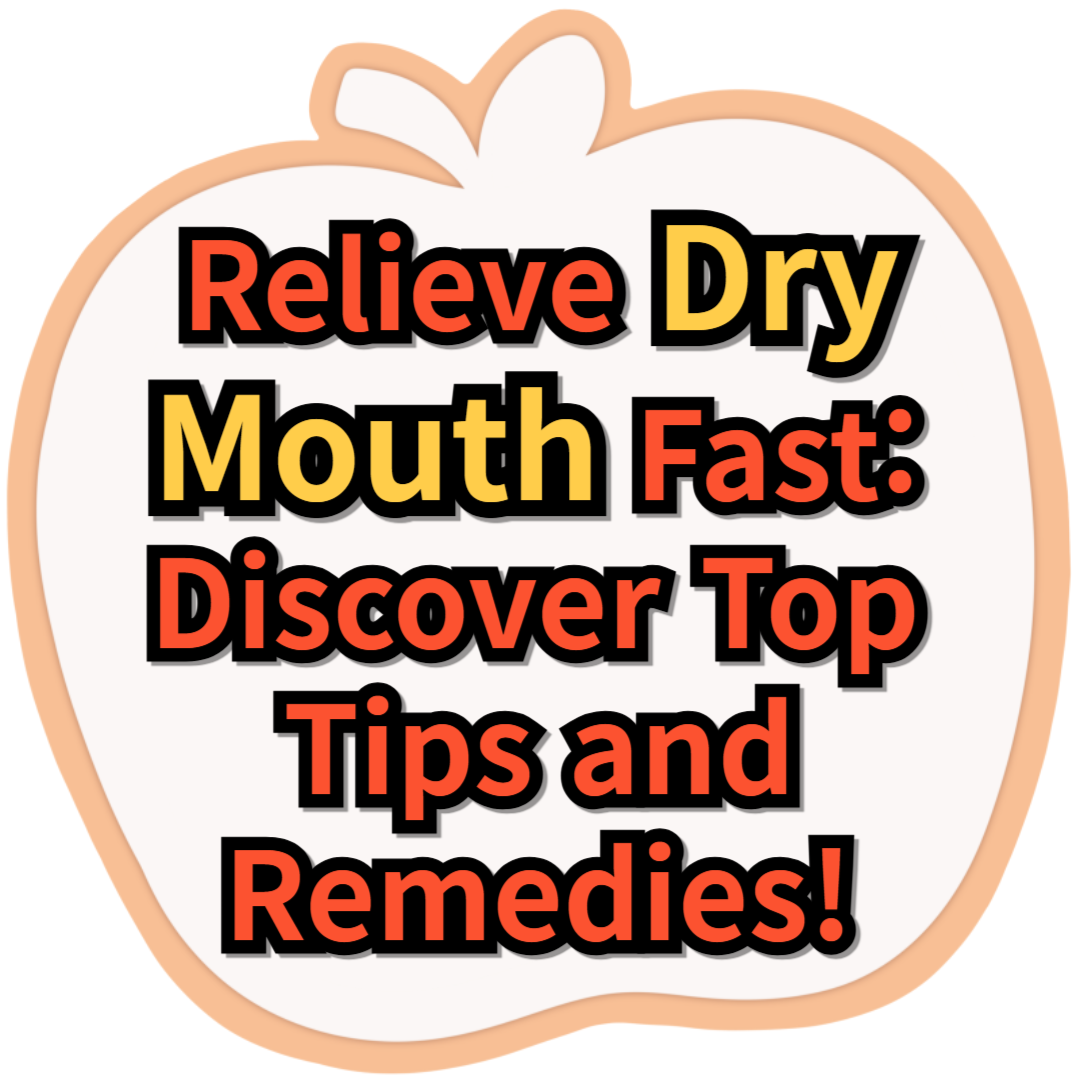Combatting Dry Mouth: Effective Strategies for Relief
Dry mouth, also known as xerostomia, can be an uncomfortable and persistent issue. Whether it’s caused by medication, dehydration, or other health conditions, finding relief is crucial. In this blog post, we’ll explore practical and effective ways to manage and treat dry mouth, including foods to avoid, oral hygiene tips, and natural remedies.
Understanding the Causes of Dry Mouth
Dry mouth occurs when the salivary glands in your mouth don’t produce enough saliva. This can be due to various reasons, including:
- Medications: Many prescription and over-the-counter drugs can reduce saliva production.
- Dehydration: Not drinking enough fluids can lead to dry mouth.
- Health Conditions: Diseases like diabetes and Sjogren’s syndrome can affect saliva production.
Identifying the root cause of your dry mouth is the first step towards effective treatment. Consulting with a healthcare professional can help pinpoint the exact cause and guide you towards the best treatment options.
Foods to Avoid with Dry Mouth
Certain foods and beverages can exacerbate dry mouth symptoms. Here are some to avoid:
- Alcohol and Caffeine: Both can dehydrate your body and worsen dry mouth.
- Spicy and Salty Foods: These can irritate the mouth and increase dryness.
- Dry and Crumbly Foods: Foods like crackers and toast can be difficult to chew and swallow without sufficient saliva.
By avoiding these foods, you can help reduce the discomfort associated with dry mouth and maintain better oral health.
Home Remedies to Alleviate Dry Mouth
There are several home remedies you can try to alleviate the symptoms of dry mouth:
- Stay Hydrated: Drink plenty of water throughout the day. Sipping water regularly can help keep your mouth moist.
- Chew Sugar-Free Gum: Chewing gum stimulates saliva production. Opt for sugar-free varieties to avoid tooth decay.
- Use a Humidifier: Adding moisture to the air, especially at night, can help keep your mouth from drying out.
These simple steps can make a significant difference in managing dry mouth. Incorporating these habits into your daily routine can provide much-needed relief.
Improving Oral Hygiene to Prevent Dry Mouth
Good oral hygiene is essential in managing dry mouth. Here are some tips:
- Brush and Floss Regularly: Use fluoride toothpaste and brush at least twice a day. Floss daily to remove food particles and plaque.
- Use Alcohol-Free Mouthwash: Alcohol can dry out your mouth, so choose a mouthwash that is alcohol-free.
- Rinse After Meals: Rinse your mouth with water or a gentle mouthwash after eating to help keep your mouth clean and moist.
Maintaining a good oral hygiene routine can help prevent dry mouth and its associated complications.
Natural Remedies
If you prefer natural remedies, here are some options to consider:
- Aloe Vera: Aloe vera juice can help protect sensitive tissues in the mouth and enhance the functioning of taste buds.
- Herbal Teas: Teas like chamomile, ginger, and slippery elm can help soothe the mouth and stimulate saliva production.
- Coconut Oil: Swishing coconut oil in your mouth (oil pulling) can help moisturize and protect your oral tissues.
- Essential Oils: Oils like peppermint, eucalyptus, and tea tree can be added to water and used as a mouth rinse to help stimulate saliva production.
- Homemade Mouthwash: Mix warm water with a pinch of salt and baking soda to create a soothing mouthwash.
These natural remedies can provide relief from dry mouth symptoms and are easy to incorporate into your daily routine.
Preventing Bad Breath with Dry Mouth
Dry mouth can often lead to bad breath due to the lack of saliva, which helps cleanse the mouth. Here are some tips to prevent bad breath:
- Stay Hydrated: Drinking water helps wash away food particles and bacteria that can cause bad breath.
- Maintain Oral Hygiene: Brush and floss regularly, and use a tongue scraper to remove bacteria from your tongue.
- Chew Sugar-Free Gum: This stimulates saliva production, which helps keep your mouth clean and fresh.
Recommended Brands of Alcohol-Free Mouthwash
Using alcohol-free mouthwash can help manage dry mouth without causing further dryness. Here are some recommended brands:
- Listerine Zero Alcohol Mouthwash: Known for its effectiveness in killing germs and providing a fresh, clean feeling.
- TheraBreath Fresh Breath Oral Rinse: Contains natural ingredients like green tea and aloe vera, which help soothe the mouth while killing bacteria.
- ACT Dry Mouth Mouthwash: Specifically designed for dry mouth, it provides lasting moisture and helps prevent cavities.
- Biotene Oral Rinse: A popular choice for those with dry mouth, offering soothing relief and long-lasting moisture.
Conclusion
Dry mouth can be a bothersome condition, but with the right strategies, it can be managed effectively. By understanding the causes, avoiding certain foods, improving oral hygiene, trying home remedies, and seeking medical treatments when necessary, you can find relief and improve your quality of life. Remember to stay hydrated, use sugar-free products, and consult with your healthcare provider for the best results.
Related Articles You Might Enjoy. 3 Best Toothpastes for Sensitive Teeth: Expert Tips and Natural Solutions
Dry Mouth | National Institute of Dental and Craniofacial Research (nih.gov)
